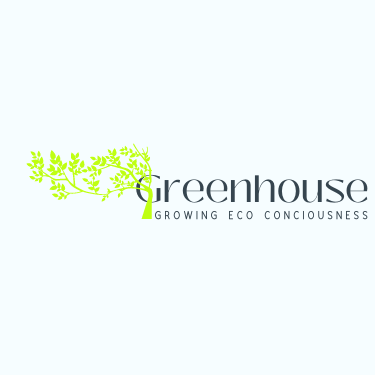
Why local and Indigenous communities are vital to sustainable human development
Krushil Watene, an associate professor at Massey University in New Zealand, emphasizes the indispensable role local and Indigenous communities play in driving global environmental change. The United Nations Development Programme's "Human Development Report 2020," to which Watene contributed as an advisory board member, highlights that some of the world's most vibrant ecosystems are managed by these communities. Their traditional governance systems, deep-rooted values, and cultural practices are critical in supporting biocultural diversity and fostering effective environmental stewardship.
According to Watene, Indigenous and local communities possess a profound understanding of their environments. This knowledge includes historical changes, species interactions, and sustainable practices refined through millennia of environmental management. "Indigenous knowledge is invaluable for creating sustainable pathways that safeguard our planet and its biodiversity," she asserts.
However, Watene notes significant challenges that these communities face, particularly concerning land tenure and rights, which impede their ability to protect their ancestral lands. Advocating for policies that recognize and remove these barriers is crucial. Such policies should not only acknowledge the existence and rights of Indigenous peoples but also their contributions to environmental conservation and sustainable living.
"In some cases, it’s about recognizing the mere existence of Indigenous peoples globally, but it’s also about valuing their work and contributions to maintaining living landscapes and protecting natural environments," Watene explains. "Moreover, Indigenous communities help us reimagine how we might live together more sustainably on this planet."
Watene discussed with Devex how fostering collaborative relationships across communities to share knowledge could support sustainable human development. She pointed out that Indigenous communities manage 20%-25% of the Earth's land, including over 40% of protected areas. These areas often overlap with the most biodiverse regions of the planet, from rainforests in Southeast Asia and Latin America to Arctic and Pacific communities. Indigenous stewardship practices are deeply entwined with these ecosystems, making their management approaches exemplary for environmental conservation.
The philosophy of environmental stewardship is central to Indigenous worldviews, which often contrast with the anthropocentric perspectives prevalent in modern environmental policies. "Indigenous philosophies start with the premise that all elements of nature matter, setting the stage for a holistic approach to understanding and managing environmental relationships," Watene elaborates. This worldview emphasizes collective well-being and continuity, ensuring that future generations inherit a thriving, sustainable world.
In South Africa, legal recognition of nature's rights is gaining momentum, reflecting a growing global trend. Laws granting legal personhood to natural entities like rivers and forests are pivotal in integrating Indigenous philosophies into mainstream environmental governance. This legal framework not only ensures better protection of natural resources but also acknowledges the guardianship role of Indigenous communities.
Watene also highlighted the concept of kaitiakitanga from the Māori tradition, which encapsulates the stewardship of land and sea. This principle is rooted in the belief that current generations owe their ancestors and descendants a duty to maintain the health of their environment. Such principles are increasingly relevant in today's context, where global environmental challenges demand sustainable solutions that respect and incorporate traditional knowledge and practices.
"The recent drafts of climate reports reiterate the importance of ground-up, community-driven approaches to tackling environmental issues," Watene adds. In New Zealand, local initiatives aimed at ecosystem restoration and sustainable resource management are showcasing the effectiveness of Indigenous stewardship in practical terms.
The dialogue around environmental sustainability is incomplete without the inclusion of Indigenous and local communities. By bridging the gap between traditional wisdom and modern environmental practices, we can forge a more resilient and sustainable path forward, ensuring that local actions contribute significantly to global environmental goals.
This article originally appeared on Devex. Visit the Focus on: People and the Planet page for more.
